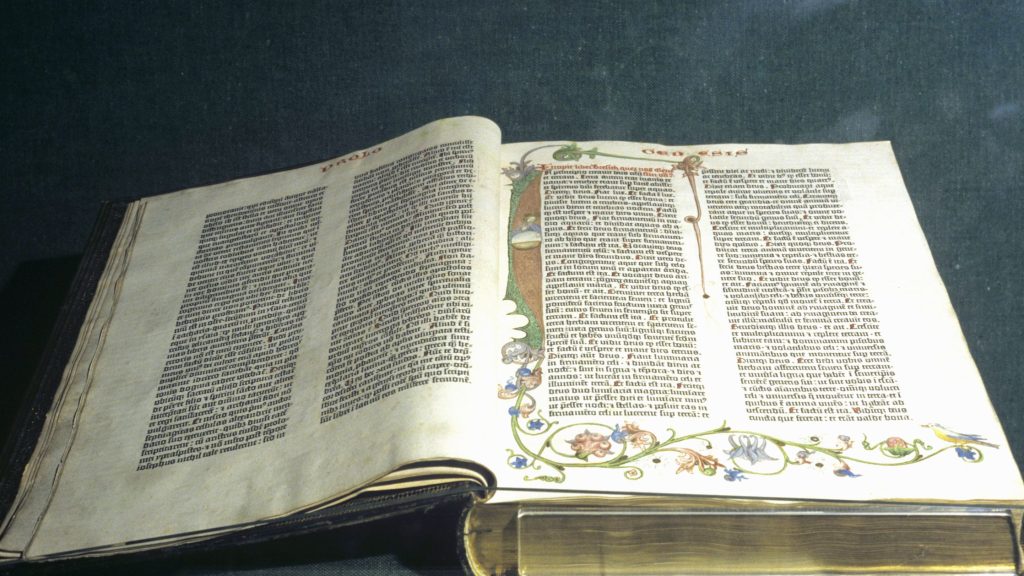Old Testament Books That Were Questioned

We are currently looking at the concept of the canon of Scripture. In recent weeks we have seen how the Old Testament canon grew over time to include the writings of Moses (the Law), the writings of various histories and prophets (the Prophets), and various other writings (collectively known as The Writings). Today I want to look at a few books that received scrutiny and for a time were questioned as to whether they actually were inspired by God and therefore belonged in the canon of Scripture.
One of the books receiving the most scrutiny was Esther. This is because the book is missing a particular word – God! Some thought that a book that does not contain a direct reference to God could not be part of Scripture. Fortunately, others successfully pointed out that although the word ‘God’ does not appear in the text of Esher, the evidence for God and His activity is all over the book! In fact, the absence of the Word ‘God’ is a literary device meant to highlight all the more how He is present and acting – even when it appears He may not be there!
Some argued against the Song of Songs (also known as the Song of Solomon). This was usually done because of the question as to whether it is an erotic love poem between a man and a woman, or if it is an allegory of the love God has for His people. Eventually, it was accepted, and today we know that it IS an erotic love poem – and therefore a picture of God’s love for His people since this is why the marriage relationship is given to us!
There were also arguments put forward against Ecclesiastes. This was done because Ecclesiastes says things that are unorthodox at some points. In fact, it does. It is a book that speaks of the disillusionment of the teacher as he tries to figure out life “under the sun.” He discovers that this is futile, however, and calls all to fear God and walk before Him. Thus, it was determined that the message of the book was inspired by the Spirit and thus part of the canon.
Proverbs also received scrutiny. The concern here for some rabbis was the feeling that it contradicted itself. Most famously it was pointed out that in the back to back proverbial sayings in Proverbs 26:4–5 we see an apparent contradiction:
4 Do not answer a fool according to his folly, or you will be like him yourself.
5 Answer a fool according to his folly, or he will be wise in his own eyes.
Thankfully it was eventually recognized that this is not a contradiction but a display of the need for the very wisdom that Proverbs is meant to install! One must be wise enough to know whether it is best in a given circumstance to ignore a fool or to answer him. Thus Proverbs was admitted to the Old Testament canon.
Interestingly, this means that all of the writings of Solomon – Proverbs, Ecclesiastes, and Song of Songs – were questioned at one time. Thankfully the rabbis had developed enough wisdom from studying Solomon’s writings to recognize that they were inspired by the Spirit and were therefore part of Scripture!
Finally, the book of Ezekiel was questioned by some rabbis. This was mainly because the Temple specifications in Ezekiel 40-48 conflict with the specifications given to Moses in Torah. Eventually, however, it was determined that this description was either symbolic or did not disqualify the book, and Ezekiel was recognized as inspired.
By the time of Jesus all of these questions had been answered and the Hebrew Canon we know as the Old Testament was finalized and accepted. It was then received by the whole church – because Jesus Himself had accepted it as the very Word of God. And thus we receive it as such today as well.
Next time we will begin to look at the books known as the Apocrypha or Deutero-Canonical books and to see why we do not accept them as part of the canon of Scripture.
In Christ,
Bret
